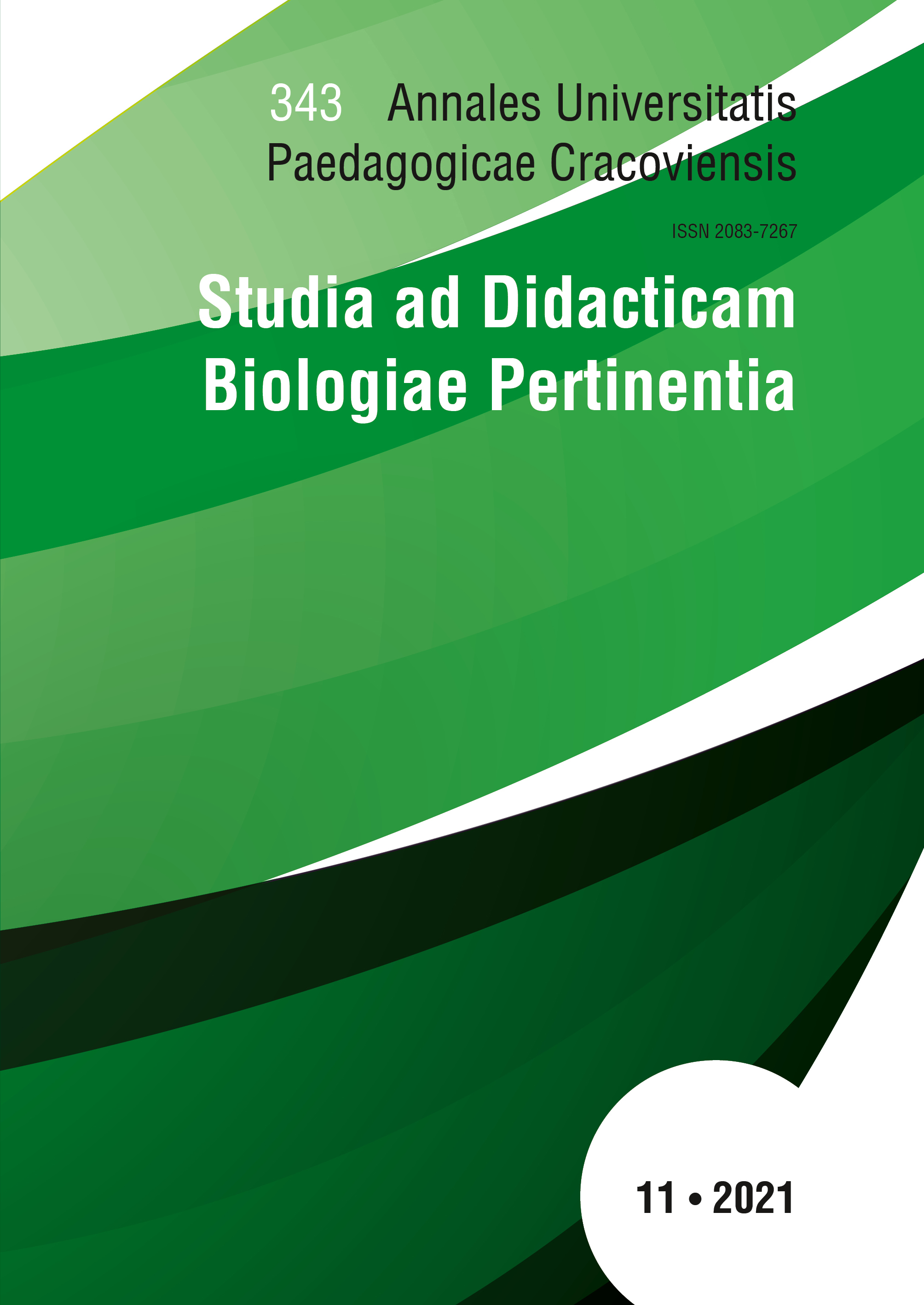Remote education during COVID-19 – the analysis of Polish and German schools
Keywords:
online learning, COVID-19, educational problemsAbstract
As a result of the pandemic, education has moved into virtual space on an unprecedented scale. Teachers were obliged to give up traditional and direct relationships in the school classroom, in favor of remote teaching using modern technologies. The purpose of this study was to determine the influence of the COVID-19 pandemic on education and to compare the problems and ways of coping with them between Polish and German schools. The study used a qualitative measure, which was realized through telephone interviews with school principals. The received responses have been transcribed and categorized. The final stage was a comparative analysis of the data obtained. The results of the study revealed that the most common problems concerned: the possession and functionality of teaching resources for remote learning (computer equipment, network connection), ensuring the needs of face-to-face relationships (lack of peer meetings and no direct contact with the teacher), mental problems caused by changes in education (depression, anxiety, feelings of stress) in teachers and students. Among the ways schools deal with these problems are leadership role of school leaders (support, staff training, mental support of students and teachers (meetings with a pedagogue, a school psychologist, conducting remote social meetings with students). In conclusion, there is a similarity among the problems related to remote education in both countries. At the same time, some differences in how to cope with them have been revealed.

